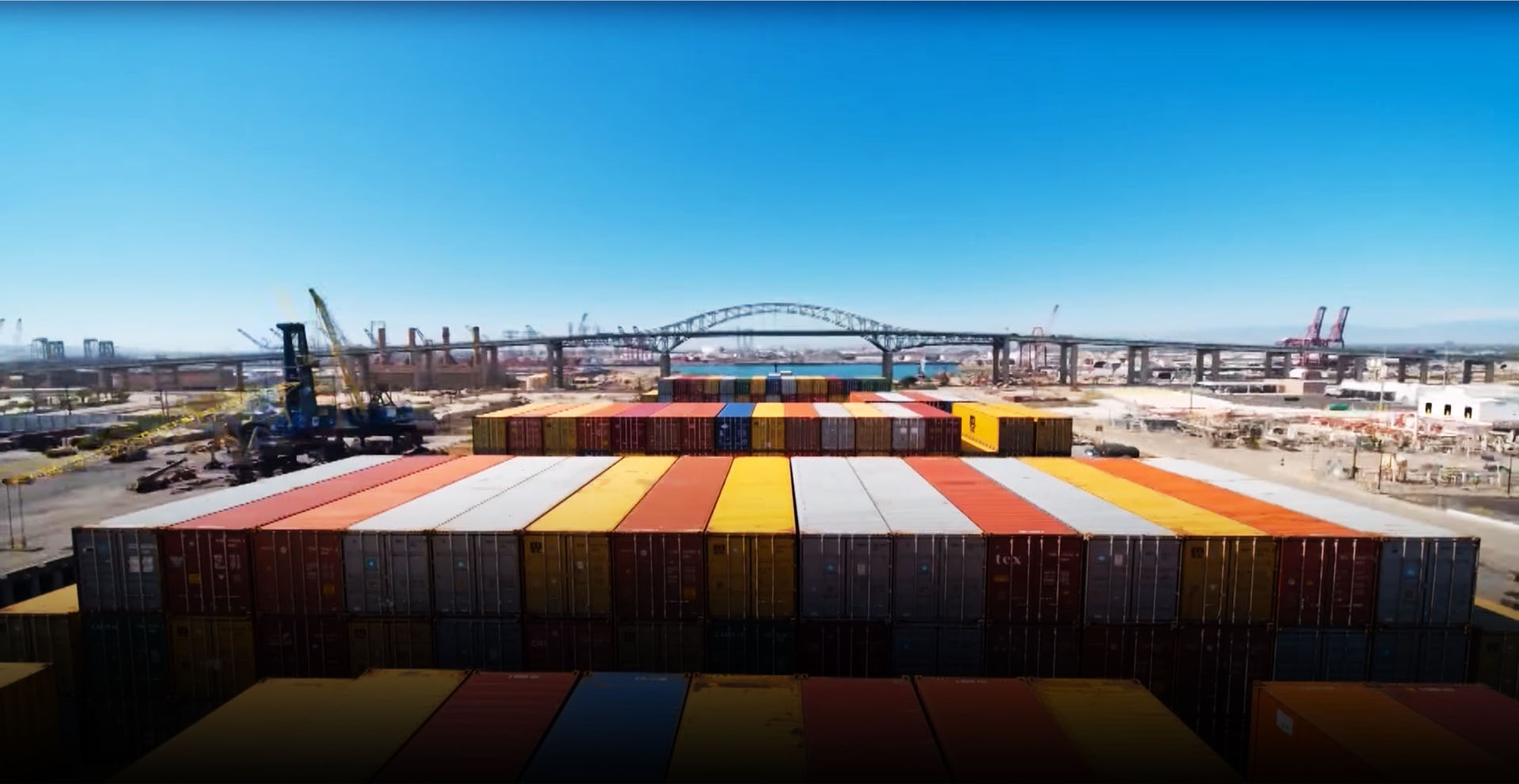Research Projects
Stop the VideoResearch Projects


Investigating Impact of Crowdsourcing on Smart Freight Mobility
Project Summary
Project number: PSR-17-02
Funding source: US DOT
Contract number: DTRT13-G-UTC57
Funding amount: $27,690
Performance period: 9/1/2017 to 8/31/2018
Project description
There are existing crowdsourced-based applications such as Waze which provide navigational services by collecting information from app users. However, there are limited use of an app like the Waze limit its usage in simulations required to determine performance of freight operations. Preliminary literature reviews, several states in the United States have been successfully using crowdsourced data applications for monitoring and enhancing transportation operations - however, not specifically for freight which plays a critical role in sustaining nation's economic competence. This research involves research methodology will consist of developing stochastic model(s) based on Markov chains to improve freight as well as passenger operations. Markov chains have wide applications in freeway traffic congestions.
The model developed in this proposed research is sensitive to traffic conditions (such as existing speed, density etc.). The model is applicable for freight trucks and can be used to indicate the duration of congestion for a stop-and-go traffic situation on the highway. The vehicle (whether a passenger car or freight truck) subscribed to crowdsourced information about real-time traffic situation on the highway will have the advantage to use ramp exits and find better routes if there is one to avoid an immediate downstream congestion. Alternately, this means that vehicles that do not have access to the crowdsourced information will continue to proceed towards the congested point.
The set-up used in the modeling framework requires input data that are real-time crowdsourced data on traffic situations and freight data related to commodity flow, truck tonnage, etc. Results indicate that of the total vehicles (auto and truck) subscribed to crowdsourcing, freight trucks represent approximately 33%. Trucks subscribed to crowdsourcing information can successfully use off-ramps to avoid downstream congestion. The model output developed in this research can also provide estimated savings in fuel consumption per mile and increased movement of freight tonnage to quantify the benefits of smart technology.
P.I. NAME & ADDRESS
Shailesh ChandraAssistant Professor , Department of Civil Engineering and Construction Engineering Management
1250 Bellflower Blvd
VEC 506Long Beach, CA 90840
United States
[email protected]















